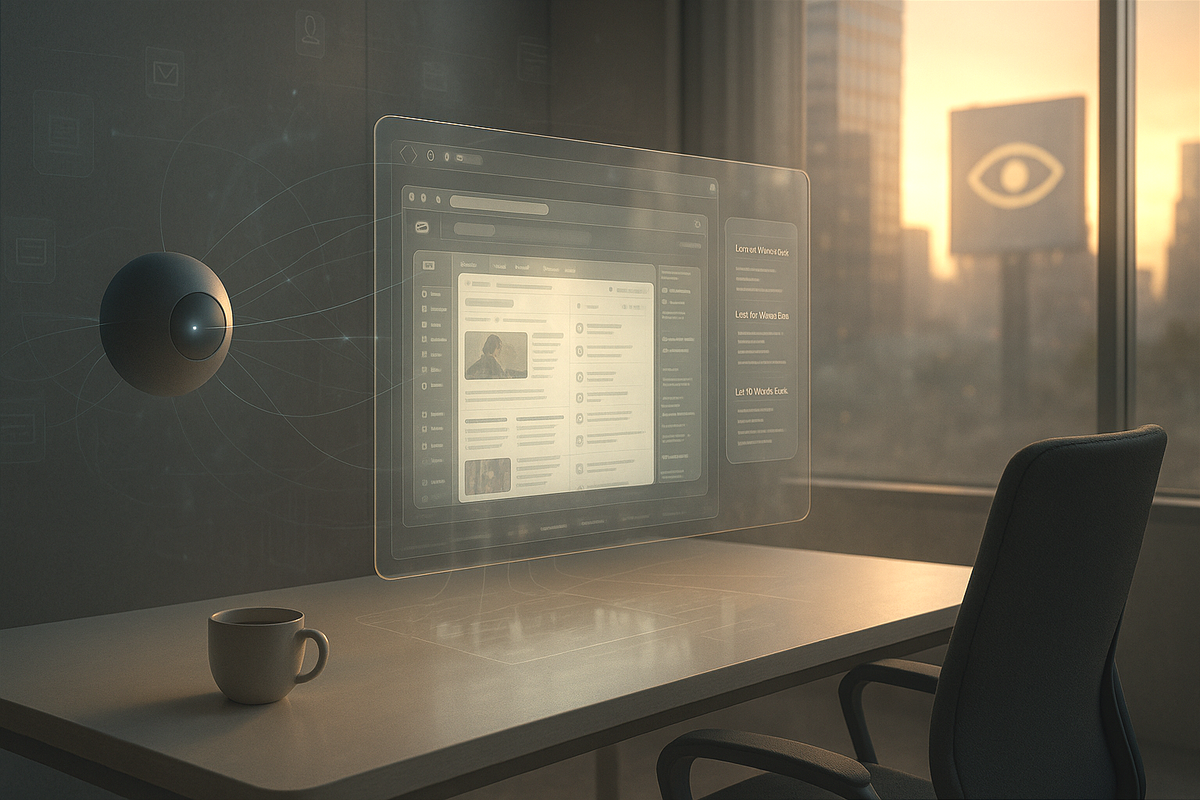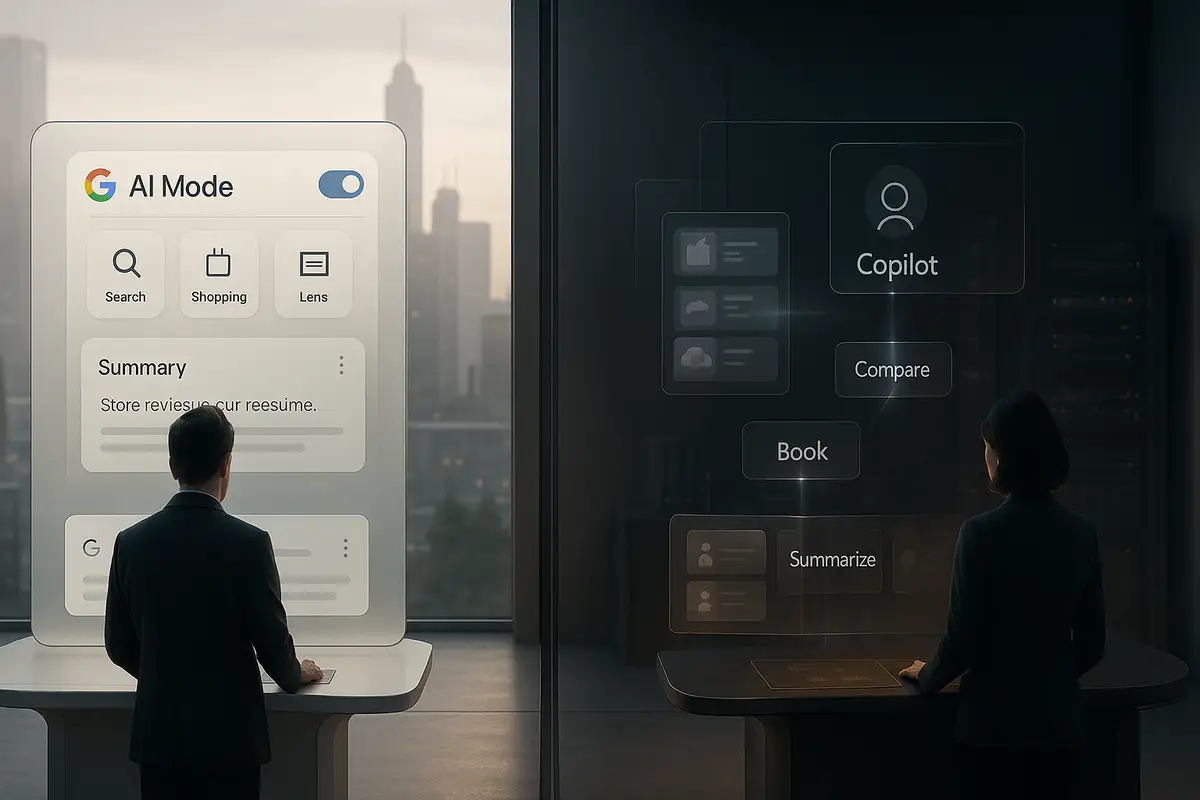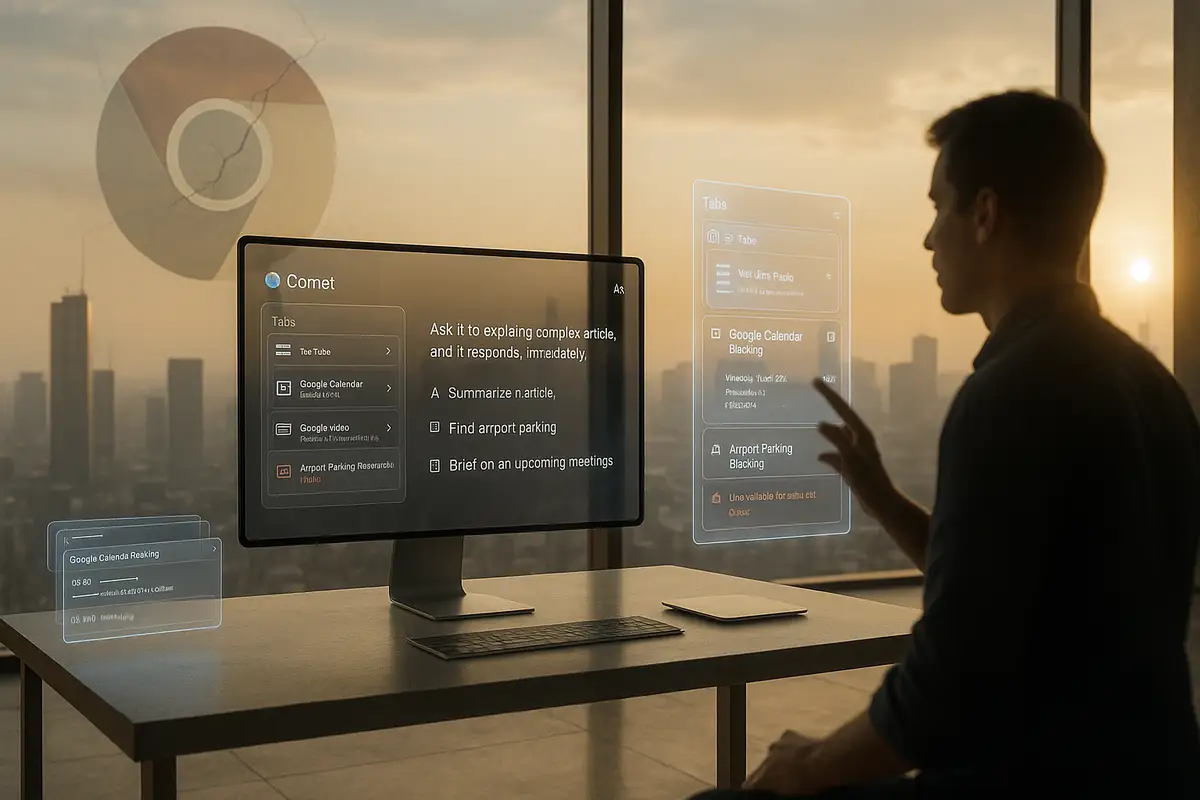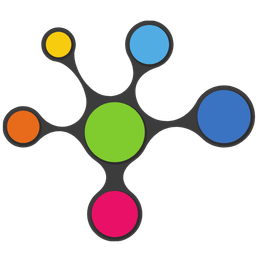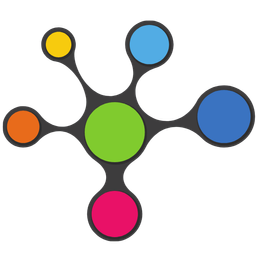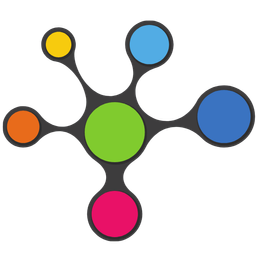A browser arrives with fanfare; the real focus is distribution. OpenAI today released Atlas, a macOS browser that keeps ChatGPT in a permanent split-screen by default—just as Alphabet’s stock slipped about 3%. The company held a livestream to showcase Atlas as “innovation,” but the strategic move is simpler: take control of the interface where humans and agents connect. Once you dominate that gateway, you control how people access everything else, from search to shopping to work apps.
Key Takeaways
• OpenAI released Atlas browser globally on macOS with permanent ChatGPT split-screen; Alphabet dropped 3% on the news
• Browser defaults to AI-beside-every-page, targeting Chrome's 65% market share with Agent features for booking and transactions
• MacOS-first strategy tests premium users; team includes Chrome and Firefox veterans signaling execution credibility
• Success requires displacing entrenched defaults—extensions, passwords, habits—making adoption physics the real test
Atlas is available globally on macOS today, with Windows, iOS, and Android “coming soon.” By default, every page opens beside a live ChatGPT transcript. You can turn the split view off, but the browser assumes you’ll want an assistant at your elbow. Atlas also ships with memory for personalization and an Agent mode to take actions—booking travel, editing documents, even checking out on partner sites. The launch follows OpenAI’s recent platform steps: Pulse for proactive updates, Sora for AI video, app integrations for names like Spotify and Zillow, and early commerce experiments with Etsy, Shopify, and Walmart.
What’s actually new
Not “AI in a browser.” Chrome hooked Gemini into the toolbar in September, and Perplexity’s Comet has been pitching an agentic browser all summer. The change is the default state. Atlas doesn’t wait to be summoned; it sits beside every page, every time. That’s a design opinion, not a feature list. It says the browser is now a two-pane conversation: the web and your agent, in parallel. Simple, but consequential.
OpenAI is also signaling maturity on execution. The team on stage included veterans who shipped foundational browsers and operating systems: Ben Goodger (Chrome, Firefox), Adam Fry (ChatGPT Search), Justin Rushing (ex-Apple), designer Ryan O’Rouke, and others. Credibility matters in browser land. It’s where great concepts die on poor UX.
The distribution calculus
OpenAI has a popular chat app, but user minutes still live in Chrome or Safari. Building Atlas collapses that last mile: no context switching, no separate app. If the interface is the product, owning the interface is the business. That’s the bet.
For Google, this is not just another competitor. Chrome is the choke point for search queries, user data, and ad yield. A credible AI-first browser chips at all three. Investors noticed. Alphabet sold off on the news. Even if the move later retraces, the message is clear: the moat is being tested at its gate.
Perplexity validated the category with Comet. Now it faces a better-known brand with deeper pockets and a larger developer ecosystem. Category creation gets harder when a larger player defines the defaults. It always does.
Platform ambitions meet adoption physics
On paper, Atlas stacks brand, utility, and an agent model into a compelling package. On desktops, inertia rules. Chrome still holds roughly two-thirds share. Users keep passwords, payments, extensions, and muscle memory locked inside that ecosystem. Switching requires a 10x experience, not a 10% polish. That’s the hurdle.
The macOS-first rollout is smart. Apple users skew earlier-adopter and premium-seeking. If Atlas cannot win here, it will struggle elsewhere. The flipside: Apple platforms come with expectations on stability, privacy, and taste. One failed checkout or botched calendar edit will erode trust faster than a clever demo can rebuild it. Trust is fragile. Losses compound.
Signals to watch
Adoption velocity will show up fast in download charts and default-browser prompts. If OpenAI routes every ChatGPT-generated link into Atlas, usage will spike—and the company will be forced to live with its own dog food. That’s a tell.
Watch Google’s tempo, too. If Chrome accelerates Gemini hand-offs (shopping, scheduling, inbox chores) or signs tighter deals with rivals, it’s treating Atlas as threat, not theater. Also notice extension support and enterprise controls. Corporate IT decides more browsing than you think.
The regulatory backdrop
A federal judge in September declined to force Google to sell Chrome. That removed one existential tail risk for Alphabet. But a real competitor strengthens antitrust narratives about choice and switching. If Atlas can pry even modest share from Chrome, regulators will argue the market can move—if incumbents don’t box out new entrants. Regulators watch defaults. Users feel them.
The bottom line
OpenAI can keep layering features into ChatGPT. Until it controls the surface where people do the layering—tabs, forms, carts, calendars—it is still just an app. Atlas is the attempt to own that surface. It’s a browser war, again. Only this time, the fight is over which assistant sits between you and the web.
Why this matters
- Browser control determines who mediates between people and AI agents, which reshapes search, shopping, and work flows.
- Chrome’s dominance faces its first credible AI-era challenger, with direct implications for Google’s data and advertising machine.
❓ Frequently Asked Questions
Q: Why did OpenAI launch Atlas on macOS only?
A: MacOS users skew higher-income and early-adopter, making them ideal for testing willingness to switch browsers. Apple's ecosystem also has stricter expectations for polish and privacy—if Atlas can win this demanding audience, broader rollout to Windows and Android becomes more credible. It's a filtering strategy, not a platform preference.
Q: What can the Agent feature actually do?
A: Agent mode lets ChatGPT take actions on your behalf—booking flights and restaurant reservations, editing documents, and completing purchases on partner sites like Etsy and Walmart. The feature requires explicit permission for each action. Success depends on reliability; one failed checkout or calendar conflict erodes trust faster than demos can rebuild it.
Q: How does Atlas differ from Perplexity's Comet browser?
A: Both offer AI-native browsing with agent features, but Atlas defaults to permanent split-screen ChatGPT on every page, while Comet focuses on its answer engine replacing traditional search results. OpenAI has 300 million weekly ChatGPT users and deeper developer partnerships; Perplexity launched first and validated the category. Brand recognition versus head-start advantage.
Q: Will Chrome extensions work in Atlas?
A: OpenAI hasn't specified extension compatibility at launch. This matters more than it sounds—password managers, ad blockers, and productivity tools represent significant switching costs for Chrome's 65% market share. If Atlas doesn't support Chrome's extension ecosystem or requires rebuilding from scratch, adoption faces friction beyond feature comparisons alone.
Q: When will Atlas launch on Windows and mobile?
A: OpenAI says Windows, iOS, and Android versions are "coming soon" without specific dates. The vague timeline suggests they're testing macOS adoption and stability first before broader rollout. Mobile matters particularly—smartphone browsing surpasses desktop for most users, meaning Atlas remains incomplete as a Chrome challenger until cross-platform parity arrives.
